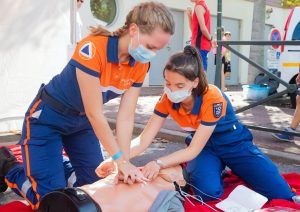
By Ashley Nielson.
Cardiopulmonary Resuscitation (CPR) is a lifesaving procedure that anyone can learn to save lives when someone else’s heart stops beating or they’re unable to breathe. You may know of CPR from popular movies where someone is pulled out of a pool or lake, and a lifeguard performs CPR to get them to start breathing again. However, learning CPR can come in handy in other situations, including electrical injuries, smoke inhalation from house fires, suffocation, out in nature, and more.
A person can stop breathing for many reasons, including a heart attack, and it can happen anywhere. If you’re out in a less populated area like a hiking trail or national park, you don’t always have the guarantee that medical personnel is close by.
Knowing CPR can help you save lives when there’s not a doctor around, allowing an ambulance to make it to the scene and take the patient to the hospital where they can receive further and more advanced care. Unfortunately, many people don’t take a CPR course until an emergency happens that they aren’t prepared for. However, since anyone can learn how to do CPR, there’s no reason not to learn before a medical emergency happens. Here are the benefits of learning CPR.
Saves Lives
Registered nurses, physicians, and all types of medical staff must know CPR to save lives. But, you don’t need any type of medical degree to save lives outside of the hospital. At any point when a heart stops pumping blood to the brain, and someone stops breathing, you can administer CPR to save their lives and prevent brain damage by restoring proper blood flow. CPR keeps blood flowing to minimize the changes in brain or heart damage of the person suffering.
Protects the Brain
Even if someone isn’t going to die from cardiac arrest, their heart has still stopped pumping blood to vital organs, including the brain. The brain needs blood to survive and function properly, and in as little as three minutes without proper blood flow, there can be irreversible brain damage. CRP keeps the blood flowing properly to the brain to prevent further damage to all the vital organs of the body.
Teaches How to Respond in Emergencies
When someone goes into cardiac arrest, they only have a few minutes before they experience irreversible brain damage or even death. Learning CPR can help people learn how to respond to emergency situations no matter where they are instead of panicking and trying to find help, saving valuable time necessary for keeping someone alive until medical professionals make it to the scene.
You never know when an emergency can happen, and even when in public at restaurants and camping, you never know if there will be someone who knows emergency medical services. Learning CPR can help you buy time for the person in a medical emergency until paramedics or doctors arrive.
Faster Recovery
Learning CPR not only saves lives, but it can help the victim have a faster recovery. When individuals can receive early CPR, they have a higher survival and recovery rate, allowing them to continue living a normal life thanks to a stranger who knows CPR. If you’re out in the middle of nowhere on a camping trip, it may take longer for emergency responders to reach you.
Protects Families
Since cardiac arrest can happen anywhere, it can happen to anyone in any family while they’re at home or on a family trip like a vacation. Unfortunately, far too many people die before help arrives because they only have a few minutes to get blood back to their brains. Through CPR training, family members, including children and teens, can learn how to save their loved one’s life by empowering them to take action instead of waiting for help.
Safer Schools
Again, these incidents can happen anywhere, and the more students that know CPR, the better. Even though one of these emergencies has never occurred in your high school, it doesn’t mean they’re not fairly common. Many states already require students to learn CPR before graduating, but just as many don’t. However, learning CPR and teaching it to your children can help them learn how to save lives when no one else knows how.
Skills that Last a Lifetime
Learning CPR might just be your first step into the medical field. By learning how anyone can save a life, you may become more interested in medicine and learn other techniques that save lives. Even if you don’t end up in medical school, you can still let future employers know that you know CPR, which might be a valuable skill to have, depending on your industry.
Anyone Can Do It
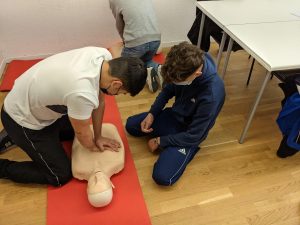
We’ve already mentioned this many times, but we thought it was worth emphasizing– anyone can learn how to do CPR no matter how old they are. Yes, even young children can learn CPR, although the youngest ones may not always understand what it’s for or when to do it. But, of course, the best individuals to teach CPR to are teenagers because they have the reasoning skills to understand different situations that may require it.
Builds Awareness
Learning CPR builds awareness about the dangers of heart problems like heart attacks, especially in young people learning CPR for the first time. Knowing CPR is an interesting skill to have because even though many young people learn it in school, many people still don’t know how to perform it. When someone meets another person who knows CPR, they might become interested in learning it themselves, spreading awareness about cardiac problems and enticing more people to learn.
May Be Necessary for Work
Depending on your line of work, CPR training might be required. Types of jobs that require CPR training include:
- Firefighting
- Athletic training
- Construction workers
- Childcare providers
- Flight attendants
- Lifeguards
- Social workers
Because cardiac arrest can happen anywhere at any time, many jobs may require you to get certified in CPR before you become an official employee.
Can Improve Self-Confidence
Learning CPR can improve your confidence because it gives you the skills to save a life. With the right skills, you can step up when someone is in need instead of being a bystander who simply watches. Also, when someone has a health emergency, you can step in and make the right decisions that could save their life.
More People Must Learn CPR
Many victims of cardiac arrest receive immediate treatment from bystanders with no CPR training. These individuals may have seen it on television or simply tried to make the victim comfortable while waiting for help. However, learning how to do CPR correctly can save lives and reduce brain damage in individuals who live through their experiences.
Ultimately, there’s no reason not to learn CPR. At the very least, you can be prepared to save a loved one or stranger no matter where you go. Many community centers offer CPR classes, but you can also do a quick search online to find certification courses near you.
Is learning CPR a priority for you?
Perhaps you and/or a person(s) you go on outdoor adventures with already have CPR training. Do share your thoughts and experience of learning CPR in the comments below.

Ashley Nielsen
Ashley Nielsen earned a B.S. degree in Business Administration Marketing at Point Loma Nazarene University.
She is a contributing writer at 365businesstips.com where she shares knowledge about general business, marketing, lifestyle, or financial tips. During her free time she enjoys being outside, staying active, reading a book, or diving deep into her favorite music.



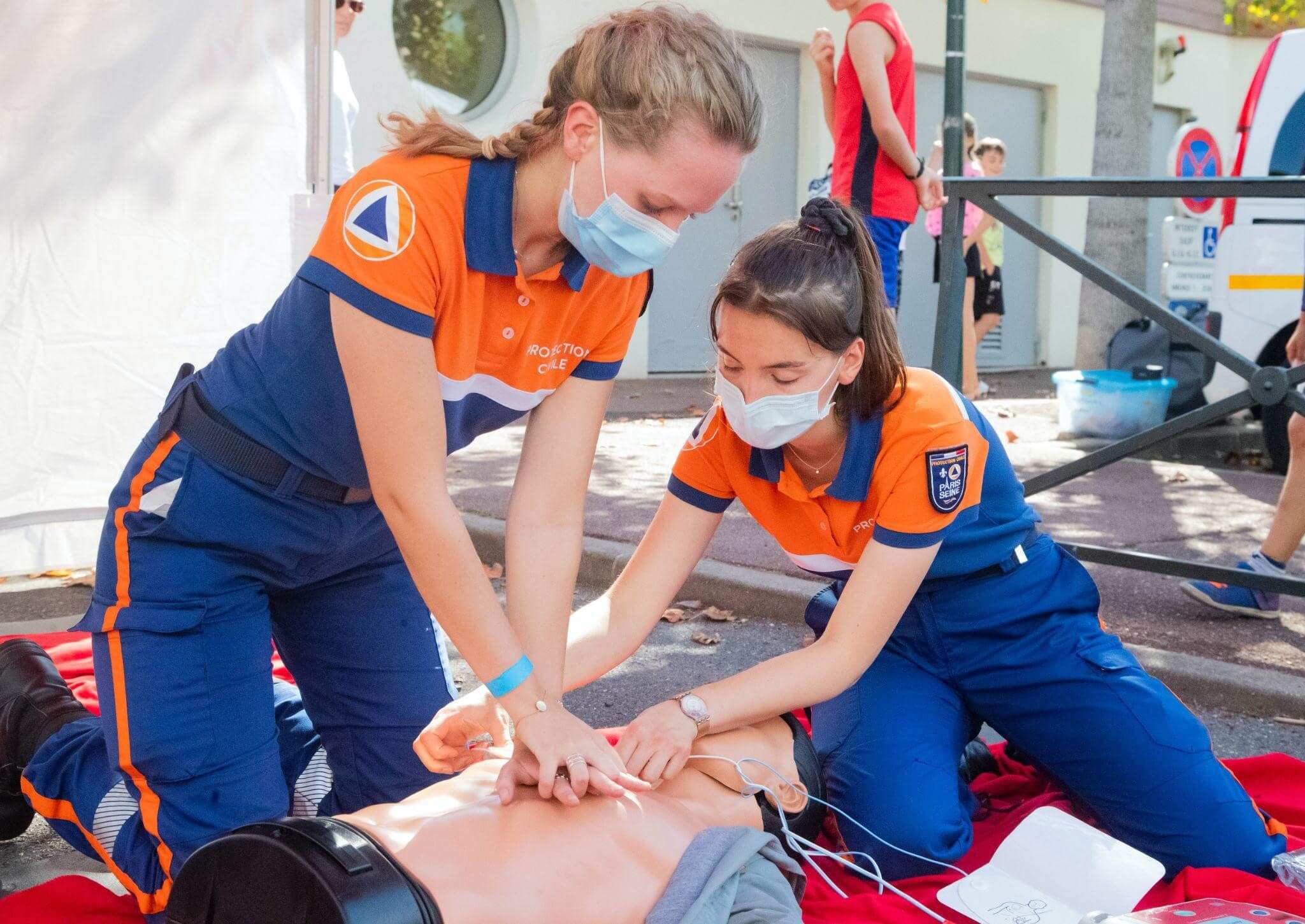
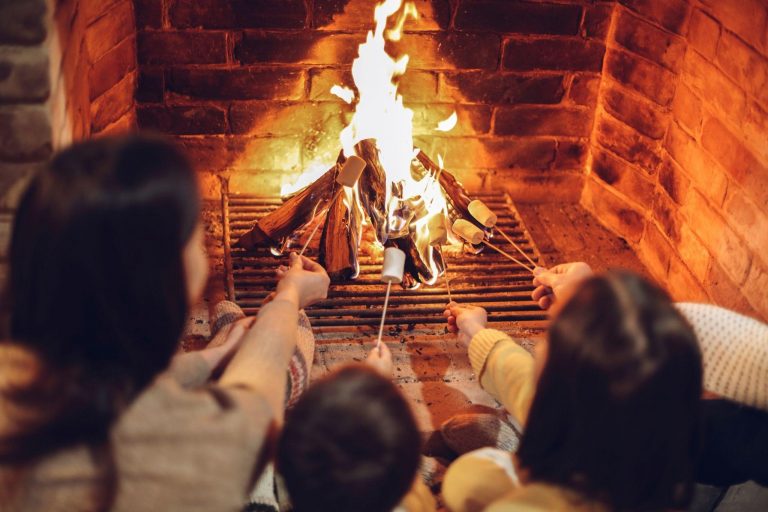




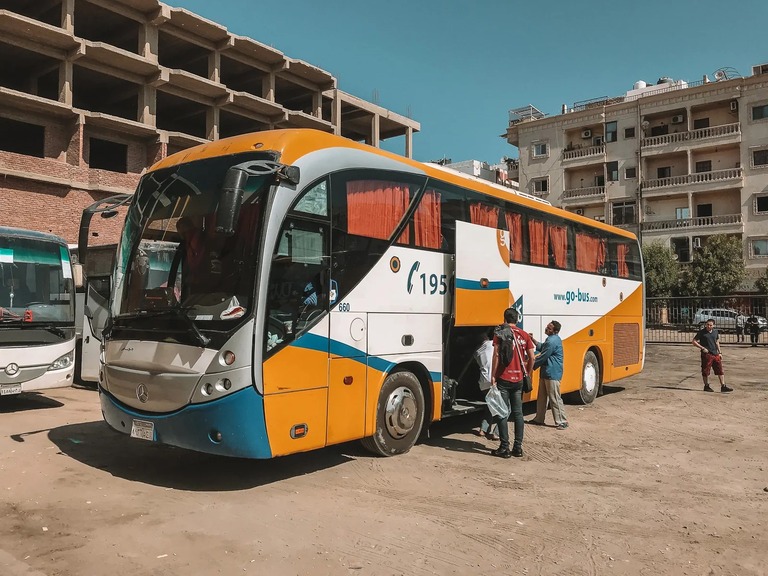

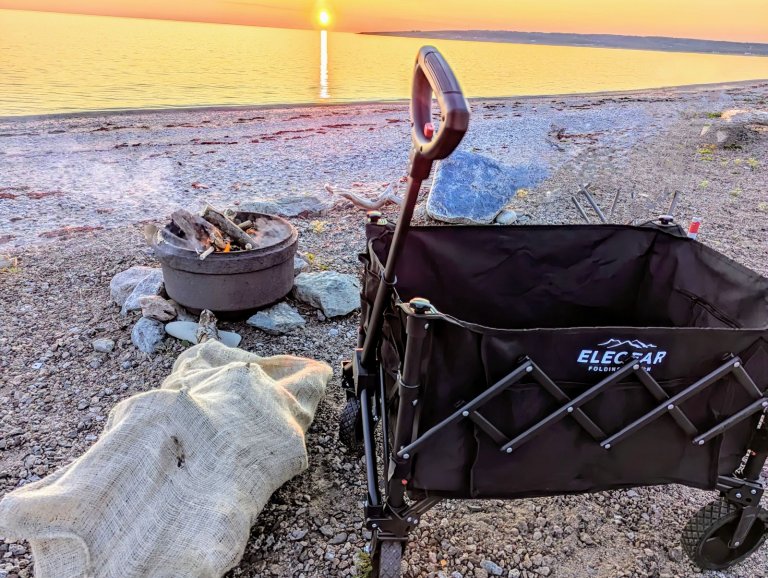


Leave a Reply